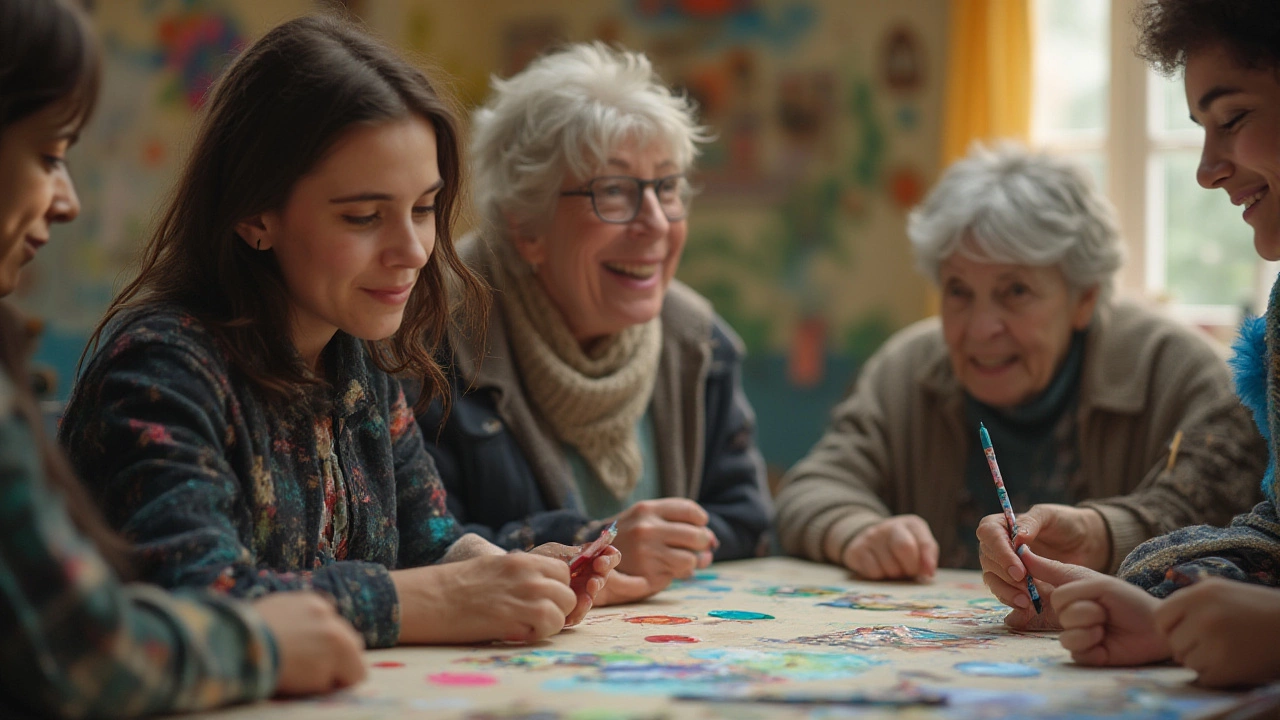Volunteering Skills That Turn Good Intentions Into Real Results
Thinking about giving your time to a local cause? You’ll get far more out of the experience when you bring the right skills to the table. Below are the core abilities every volunteer should develop, plus easy ways to sharpen them before you sign up.
Communication – the backbone of every project
Clear, friendly communication is the first thing organizers look for. Whether you’re explaining a task, listening to a beneficiary’s needs, or updating a team leader, being concise and open makes things run smoothly. Try a quick role‑play with a friend: one person explains a simple task while the other asks follow‑up questions. You’ll spot gaps in your wording and learn to adjust on the fly.
Teamwork and adaptability – the twin engines of volunteer work
Volunteer groups often juggle shifting schedules, sudden requests, and limited resources. Being able to step in, take direction, and also pitch in with new ideas keeps the momentum going. When you’re unsure about a task, ask for clarification quickly and offer a backup plan. That shows you’re flexible and ready to help, even when things change.Another skill that’s worth a mention is problem‑solving. Real‑world volunteering throws you into unpredictable situations – a shortage of supplies, a sudden rainstorm, or a beneficiary who needs extra support. Break the issue down: identify the immediate need, think of a few quick fixes, and choose the most realistic one. Even a simple fix, like moving a table to shelter from wind, can keep the event on track.
Leadership doesn’t mean you have to be the “boss.” It’s about stepping up when needed, guiding newer volunteers, and keeping the group focused. If you notice someone struggling, gently offer a hand or a tip. Small gestures build confidence and keep the whole team motivated.
Time management is another practical skill. Most volunteer roles have a set window – a three‑hour food‑bank shift or a one‑day clean‑up. Arriving early, knowing the schedule, and wrapping up tasks before the deadline shows reliability. Use a simple checklist on your phone to track what’s done and what’s pending.
Lastly, a dash of empathy goes a long way. Listening without judgment, acknowledging feelings, and responding with kindness create a safe environment for everyone you serve. Try to imagine the situation from the other person’s point of view before you act.
Ready to put these skills into practice? Look for local groups that offer a short training session or a “buddy” system for newcomers. Many charities, including those featured on our site, provide quick workshops on communication and safety. Signing up for a brief intro class can boost your confidence and make your first day feel less intimidating.
Remember, you don’t have to master everything before you start. Volunteering is a learning journey, and each hour you give builds a stronger skill set. Keep a small notebook of what you learn, note any challenges, and celebrate the wins. Over time, you’ll notice yourself handling tasks more smoothly, and the people you help will feel the difference too.
So, next time you see a call for volunteers, think beyond the cause – think about the skills you’ll grow and the impact you can make. With solid communication, teamwork, problem‑solving, and a sprinkle of empathy, you’re set to turn good intentions into real change.

Qualities of the Best Volunteers: What Makes a Great Volunteer Shine?
Discover the key traits, mindsets, and practical tips for being an outstanding volunteer. Real stories and science-backed facts included.